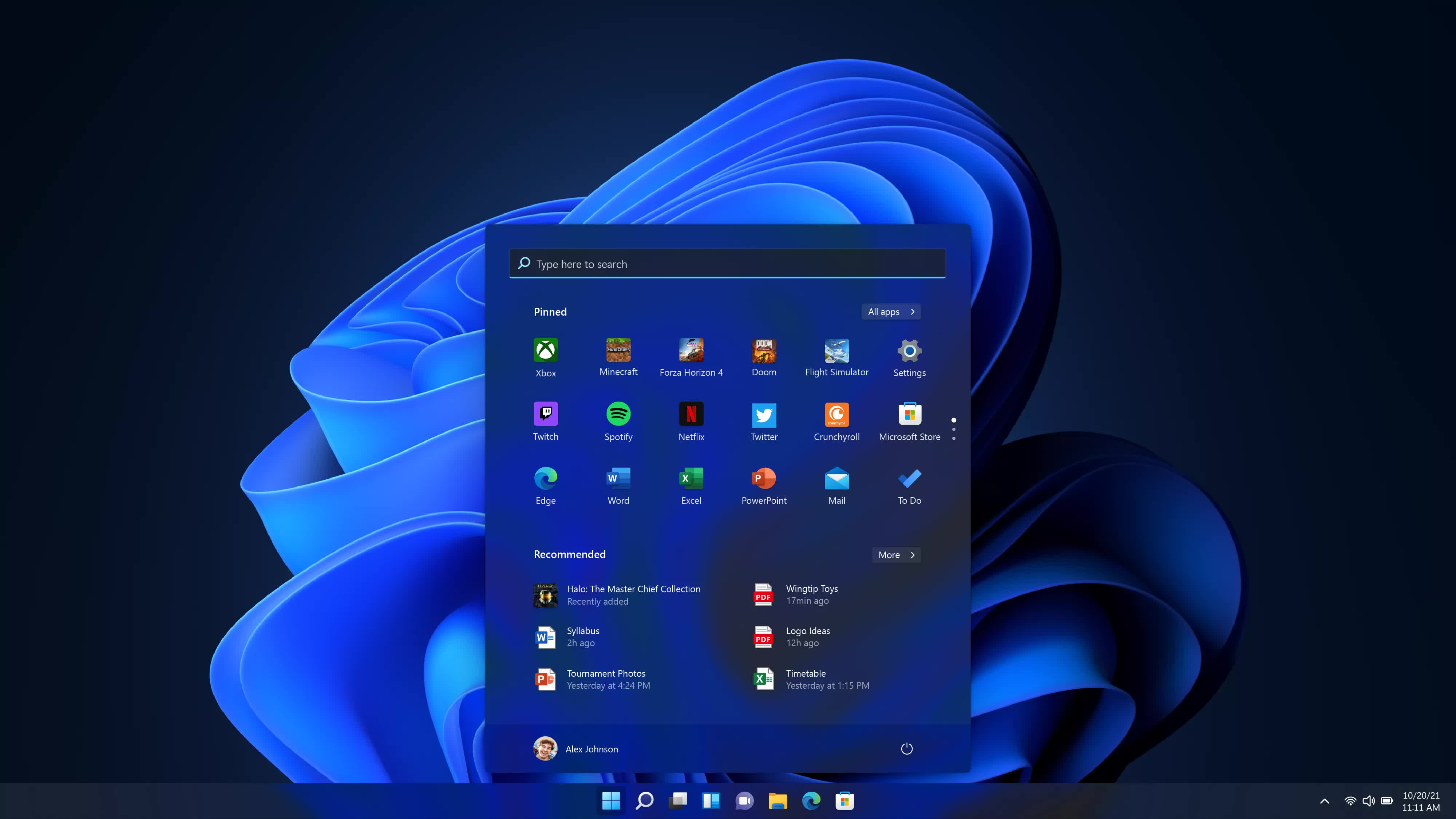The big picture: Windows 11 comes with plenty of improvements over Windows 10, but it also brings many new bugs that users will find inordinately frustrating. While Microsoft keeps pushing out updates to fix these, time and time again the updates also give rise to new issues. One such bug was seemingly introduced with update KB5023778 in March, whereby the SSD speeds in some machines are slowing down for no apparent reason.
According to posts by Windows 11 users on Reddit and other forums, the issue has yet to be addressed with any of the succeeding updates, including the one rolled out as part of last month's Patch Tuesday.
Windows Latest scoured the internet for complaints about the slowing SSDs, and found plenty of unhappy users complaining about the problem on various websites, including Reddit and Microsoft's own Feedback Hub.
One such Redditor is u/fancemon, who claimed he only encountered the problem after installing the Moment 2 update in March. He also reports that none of the subsequent updates solved the issue, meaning he's being forced to use a PC with slow read and write speeds. Others went straight to conspiracy theory mode, and blamed Microsoft for intentionally slowing down Windows 11 machines to force people to subscribe to Windows 365.

Unfortunately for people who are wondering if the July patch will bring any good news for them, there seems to be no such luck. The latest preview update for June, which is expected to be rolled out as the stable July update, doesn't seem to have fixed the issue. According to Redditor u/_Ditex89, his NVMe SSD is currently averaging sequential write speeds of around 1,200MB/s with the June preview update, when it should be around the 4,400MB/s mark under normal circumstances.
Despite the deluge of complaints about SSD slowdowns with the March 2023 update, Microsoft has yet to make an official statement on the matter. This is what many affected users believe is the unkindest cut, as no one knows if the company is actively working to quash the bug with a future update. Thanks to the lack of acknowledgement, there's no word on how many people are affected by the bug either.
A potential workaround could involve uninstalling the update or restoring the PC to a point prior to the installation of the faulty update. However, these 'solutions' might cause even more significant problems in some cases, so it's likely more prudent for users to wait for an official fix, regardless of the potential delay.
